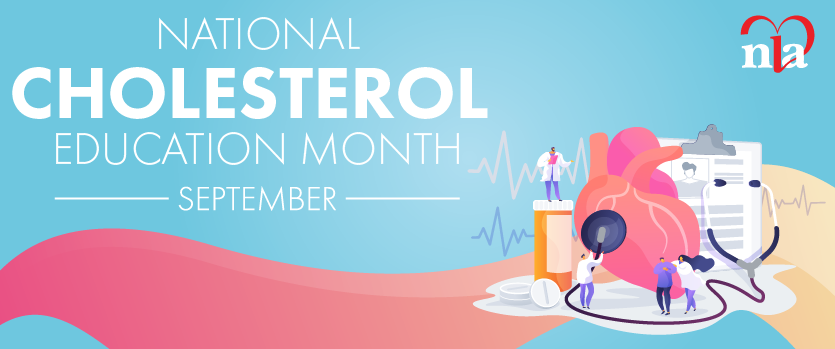The word “pleiotropy” is derived from the Greek word pleon, which means “more,” and tropos, which means “way” and refers to when a gene produces two or more unrelated pleiotropic traits. The term “statin pleiotropy” has been used to refer to mechanisms independent of cholesterollowering effects. Statins are indicated for both primary and secondary prevention of coronary heart disease.
Article By:
The Very High ASCVD Risk Category
Article By:
Clinical Professor of Medicine, Division of Endocrinology
UC Irvine, School of Medicine, Irvine, CA
Co-Director, Diabetes Outpatient Clinic
UCI Medical Center, Orange, CA
Private Practice: Director & Principal Investigator
Diabetes / Lipid Management & Research Center
Huntington Beach, CA
Diplomate, American Board of Clinical Lipidology
In Greek mythology Sisyphus was the king of Ephyra (now known as Corinth). He was punished for his self-aggrandizing craftiness and deceitfulness by being forced to roll an immense boulder up a hill, only to watch it come back to hit him, repeating this action for eternity.”1
Article By:
Once again, welcome to our region. From the endless smooth coastline of California to the pristine and rocky Oregon and Washington coasts. From the best snow in the world in Utah and Idaho to the big sky country of Montana. From Nevada and the last frontier of Alaska to the idyllic dreamscape of Hawaii. From the 4,900 miles that our region covers, we welcome you.
Article By:
There are many new influences on how dyslipidemia is managed today. While this is exciting, as is common with change, there are cogs in the wheel of progress. Healthcare providers and patients are aware of barriers for implementing therapies that appear to be efficacious for optimal care. Multiple factors are involved with this issue.
Article By:
Amgen announced today that the FOURIER trial met its primary and secondary endpoints in evaluating whether evolocumab reduces the risk of cardiovascular events in patients with clinically evident atherosclerotic cardiovascular disease (ASCVD) without new safety issues. Amgen also announced that the EBBINGHAUS trial revealed no difference in cognitive function between evolocumab and placebo. Detailed results will be released at the American College of Cardiology meeting in March.
Registration Now Open for Spring CLU
Register for the National Lipid Association’s Spring Clinical Lipid Update February 24–26, 2016, at the Hyatt Regency Phoenix. Don’t miss featured sessions on: New Paradigms for Cardiovascular Prevention, Familial Combined Hypercholesterolemia, and many more. Make sure to check lipid.org/springclu for updated agenda information and to register.
NLA Call for Abstracts
Article By:
David Neff, DO, has worked closely with the National Lipid Association and its members since 2003, and now volunteers his time as a member to help carry out its mission. Dr. Neff’s interest in lipidology originated from a research assignment that focused on cholesterol fed rodents with fatty liver during his undergraduate career at Michigan State University. While at Merck & Co. from late 2000 until 2014, Dr. Neff supported several cardiovascular brands in hypertension and lipids.
Article By:
The Midwest Lipid Association (MWLA) — alongside the Southwest Chapter — was proud to organize the 2016 Spring Clinical Lipid Update in San Diego this past March. The meeting was well-attended and very favorably reviewed. It featured an excellent faculty presenting talks on novel research in clinical lipidology as well as practical applications of lipid management.
Article By:
Ms. K is an 83-year-old female who presents to clinic for a second opinion regarding management of cardiac risk factors. She first presented to clinic two years ago with chest pain and shortness of breath, both at rest and with exertion. Her medical history included hypertension and hyperlipidemia but no prior cardiovascular disease (CVD) and no smoking history nor diabetes. Her medications included daily aspirin 81mg, lisinopril 10mg, and metoprolol tartrate 25mg twice daily (BID).





.jpg)
.png)





















